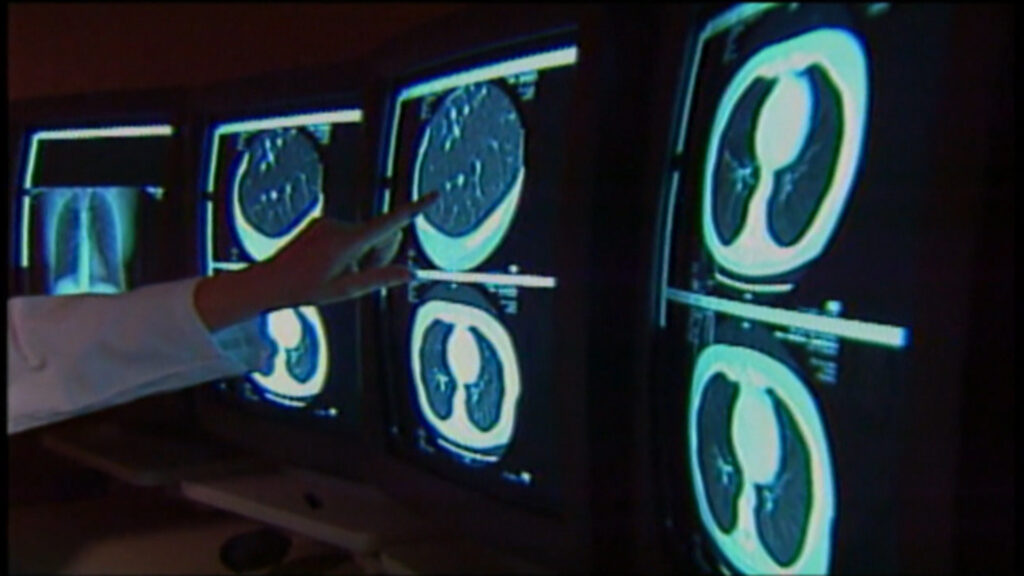Developed cases of Lung Cancer decrease, awareness increases

MARQUETTE — About 234,000 people will be diagnosed with a certain disease this year alone, changing their lives forever.
According to the CDC and professionals at UPHS Marquette, fewer people are smoking compared to previous generations, which means Lung Cancer rates are on a decline. However, that doesn’t mean regular screenings aren’t a necessity.
“When I was a kid, everybody smoked everywhere,” said UPHS Medical Oncologist, Ross Siemers. “There’s been a really dramatic social revolution over the years to stigmatize, and I think appropriately stigmatize, tobacco smoking.”
As the second most diagnosed form, Lung Cancer is rarely seen in those who have never smoked on their own. Exposure to second hand smoke or radon, in extensive levels, has been known to create complications.
Thanks to updated screening technology and resources brought to UPHS within the last 3 years, doctors are able to detect cancerous cells at an earlier time, creating a shift in the stages of cancer found.
“The whole idea of screening is to take an asymptomatic individual, and catch cancer early enough where you can treat it curable,” added Lung Cancer Patient Navigator, Heather Heuer. “With the low-dose screening program, we are diagnosing more cancers earlier, which leads to the more advanced cancers being detected.”
It’s now easier for at risk patients to ensure that they are getting screened every year through their insurance if they’re over the age of 55.
“Basically anyone who is at high risk can get an annual, low-dose lung cancer screening, and have it be covered by insurance,” continued Heuer. “The eligibility criteria for that is to: be between the ages of 55 and 80, be a current smoker – or you have to have quit within the past 15 years – and have a heavy smoking history.”
With the addition of the easier access to screening services, doctors are saying they’re putting a dent in the number of cases that are further developed.
“We’re now doing several hundred per year, and if you look at our numbers, we’ve gradually crept up on the number of early lung cancer cases that have been diagnosed and treated,” said Dr. Siemers. “Hopefully, the cancer screenings are paying off.”
